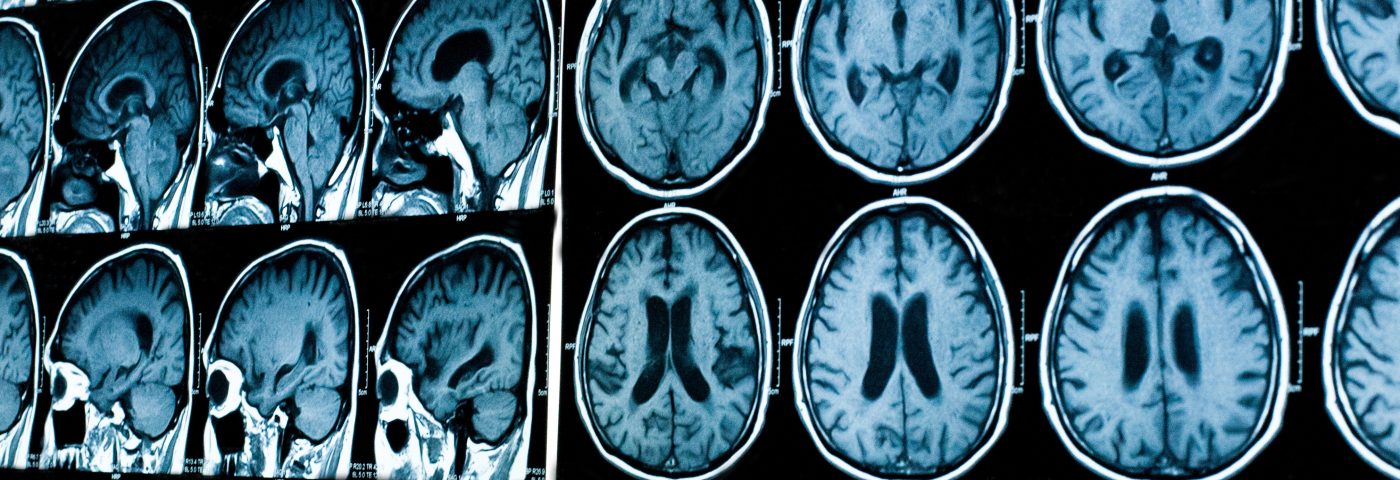Most men with adrenoleukodystrophy (ALD) who show either minimal or no visible lesions in magnetic resonance imaging (MRI) scans appear to retain normal cognitive abilities, a study has found.
The study, “Overall intact cognitive function in male X-linked adrenoleukodystrophy adults with normal MRI,” was published in the Orphanet Journal of Rare Diseases.
ALD is a rare neurodegenerative disorder caused by mutations in the ABCD1 gene, located on the X chromosome. It is characterized by the accumulation of fatty molecules, called very long-chain fatty acids (VLCFA), which can destroy myelin — the fatty substance that protects nerve cells — and induce neuron degeneration. For this reason, ALD patients have a higher risk of developing inflammatory brain lesions, a condition known as cerebral adrenoleukodystrophy (CALD).
“Although overall cognitive functioning is considered spared as long as there are no inflammatory lesions on MRI, some form of cognitive dysfunction may be present in patients without lesions,” the researchers wrote.
These investigators, from the University of Amsterdam in the Netherlands, set out to evaluate the integrity of cognitive function in adult men with ALD who had either minimal or no visible MRI lesions.
The study enrolled a total of 33 men with ALD, between the ages of 19 and 71, with either mild or no visible MRI lesions (Loes score of less than three), who were participating in a prospective natural history study called The Dutch ALD cohort.
All participants underwent a battery of tests designed to evaluate their cognitive abilities, including language, verbal and non-verbal memory, executive functioning (behavior control to accomplish a certain goal), and psychomotor speed (reaction time).
Their scores on the different tests were compared with normal standards extracted from data of roughly 5.4 million men from the general Dutch population who had no brain lesions.
Results showed that more than a quarter of the patients (27.3%) had abnormal or near abnormal scores on some of the cognitive tests. These patients had a number of subtle cognitive impairments; for instance, their performance on verbal fluency, visuoconstruction (ability to coordinate motor skills and spatial information to produce a figure), and mental reaction tests was significantly worse than normal standards.
Nonetheless, the overall cognitive abilities of adult ALD patients with mild or no visible MRI lesions remained mostly unaffected.
Overall, “cognitive functioning seems not impaired in the vast majority of adult ALD males with no or minimal MRI abnormalities,” the researchers wrote. “However, borderline to impaired cognitive dysfunction was present in 27.3%.”
According to the team, additional studies are needed to confirm if a cognitive impaired performance “reflects an impaired neuro-psychological profile, and may represent a risk profile for cerebral X-ALD.”


